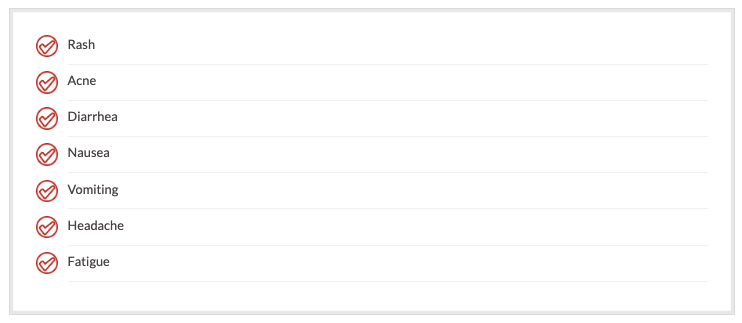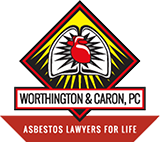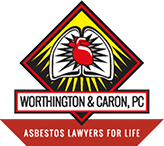
Tarceva
Tarceva®, formerly known as OSI-774, is another piece of the puzzle in the new wave of potential cancer treatments known as epidermal growth factor receptor (EGFR) inhibitors. Initially developed by OSI Pharmaceuticals and now part of a testing and marketing alliance that includes pharmaceutical giants Genentech and Roche, Tarceva® has been tested in efficacy against several cancers thus far, most notably breast and non-small cell lung (NSCLC).
Tarceva® and the rest of this new class of pharmaceuticals designed to be targeted tumor-killers are called EGFR inhibitors. They have been developed to target and destroy tumors by preventing tumor cell division, while allowing healthy somatic cells to develop normally. In order for a tumor to grow, tumor cell receptors must be able to link with certain enzymes, one of them being tyrosine kinase. Tarceva® blocks tyrosine kinase before it can join with the cell, thereby shutting down growth.
Additionally, the toxicity to the patient that normally accompanies standard chemotherapy is either alleviated or avoided altogether. Tarceva® and another drug developed by AstraZeneca, Iressa ®, are two such examples of EGFR inhibitors. There are others; however, Iressa® and Tarceva® have been grouped together because they block the enzyme, tyrosine kinase, which is found at higher levels in patients with NSCLC and other cancers. As a result, they are often noted as EGFR-TKIs.
Preliminary results of Tarceva's potency presented at the annual conference of the American Society of Clinical Oncology (ASCO) in May 2001 and follow-up results presented in July of that year were promising for phase II clinical trials. Several Phase III trials in those areas were scheduled and had begun as of November 2001.
OSI began phase III trials in pancreatic and refractory NSCLC. Genentech is conducting a phase III registration study in front-line NSCLC, and has opened a Phase II trial of Tarceva® against advanced breast cancer. Roche is running the global Phase III registration study in front-line NSCLC as well as a global breast study program.
At the annual meeting of the American Society of Clinical Oncology (ASCO) in May 2001, results for Tarceva® were presented. Roman Perez-Soler, M.D. delivered the results from a Phase II clinical trial for 57 evaluable patients with advanced, refractory NSCLC taking a 150mg/day dosage of Tarceva®. Two percent exhibited a complete response to the medication, 14 percent exhibited partial responses and half of the patients survived to the end of the study period. The median survival time for patients was 257 days. 48 percent of patients survived for one year. All patients in the study had previously undergone other chemotherapies that had failed to produce substantive results.
Of the three clinical trials currently testing the efficacy of Tarceva® against NSCLC, two are combining its potency with the proven results of chemotherapy (carboplatin or paclitaxel), with each recording data from over 1000 patients. The third trial, focusing on refractory lung cancer, is enrolling just over 300 patients and is using Tarceva® alone.
Side effects from Tarceva have been consistent in both symptoms and rates of study participants affected throughout all the trials and common to EGFR inhibitors. Of them, a rash is the most common, appearing in approximately two thirds of the participants.
The side effects include the following:

While Iressa® is now in clinical trials for treatment of malignant mesothelioma, no such plans have yet been made public for such application of Tarceva®.
Note: The above list of side effects is by no means comprehensive or complete. Patients must consult with their doctors before taking this medication. For more complete information regarding Tarceva®, its benefits and its side effects, please visit the following:
- Genentec: http://www.gene.com
- Roche: http://www.roche.com
Sources consulted for this story include press releases from Yahoo!'s Business Wire and VirtualTrials.com, as well as information provided by OSI Pharmaceuticals, Genentech, Roche and the American Society of Clinical Oncology.

Our Mission
-
Medical Empowerment
Get the information you need to make informed decisions about your treatment.
-
Legal Empowerment
Get the compensation you need to address the financial cost of your illness.
-
Going For The Gold
Helping empower our clients with over $2.5 Billion in recoveries. We fight for our clients!
-
Giving Back To The Community
Unprecedented Support for Mesothelioma Research. See how we can help!



